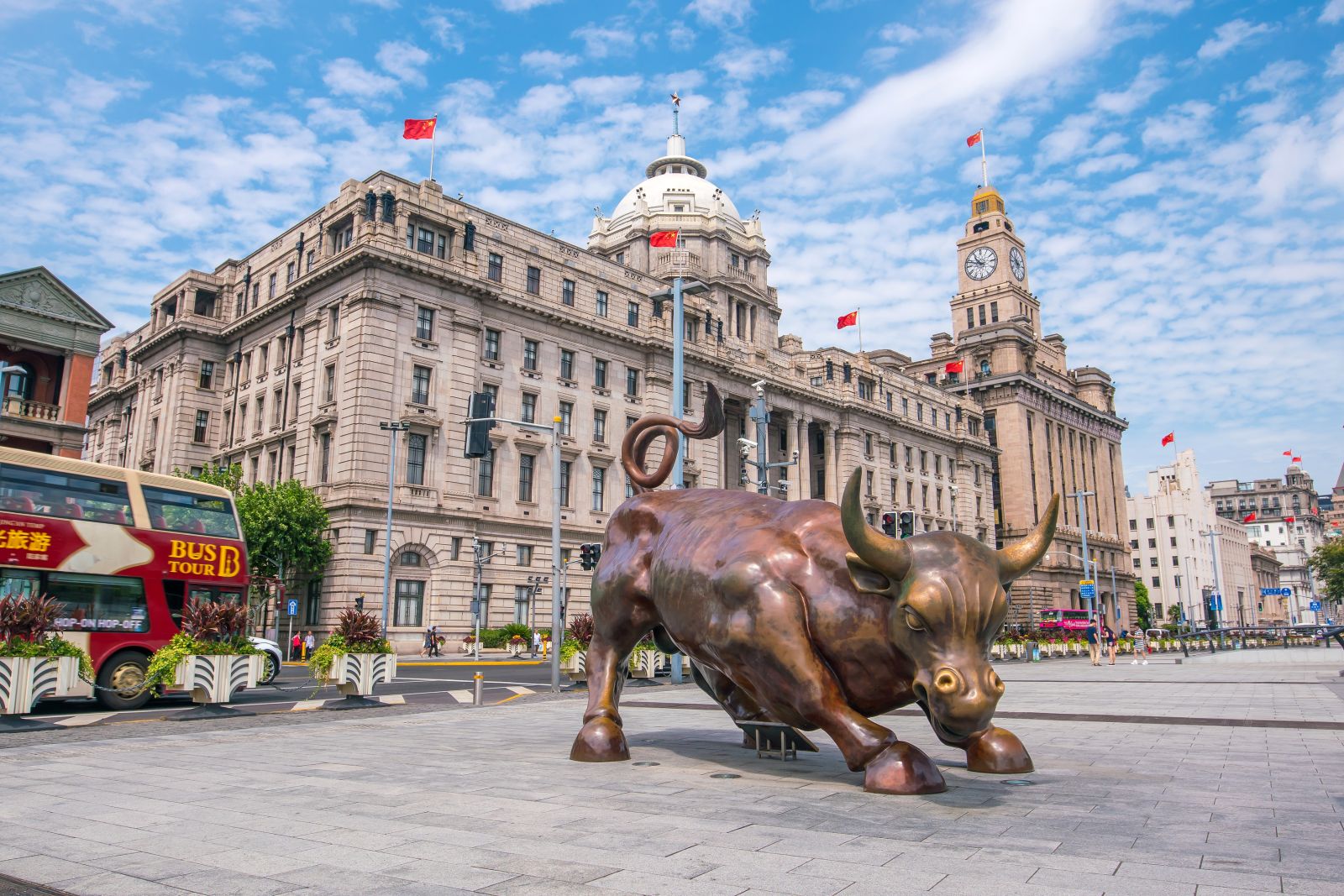
One of the best Wall Street strategies is to track the investments of billionaires such as David Tepper, who has a net worth of $21.5 billion. Tepper is the founder and president of Appaloosa Management, a hedge fund that focuses primarily on distressed debt. According to the fund’s recent 13F filings, it has purchased shares of China-based companies such as Alibaba (BABA) and JD.com (JD).
After years of underperformance, several investors are bullish on China in 2025. The world’s second-largest economy has announced several measures to improve consumer demand and boost multiple sectors.
Notably, the Chinese equity market is significantly undervalued given the “Warren Buffett indicator,” which compares a country’s total market cap of publicly listed stocks with its GDP. If the indicator is below 100, the equity market is undervalued, and vice versa. At the time of writing, China’s market cap to GDP ratio is less than 70%, while this ratio is over 200% for the U.S. market.
Given these factors, is it time to broaden your investment horizon and invest in quality Chinese stocks right now?
Is JD.com Stock Undervalued?
JD.com (JD), valued at $65 billion, is an e-commerce and technology company that sells a wide range of products through its online platform, including electronics, home appliances, groceries, fashion, and healthcare items. Additionally, JD.com provides logistics services, digital solutions for businesses, and marketplace capabilities for third-party sellers.
The company went public in February 2015 and has since returned over 100% to shareholders. Today, it trades almost 61% below all-time highs, allowing you to buy the dip and benefit from outsized gains.
In the last 12 months, JD.com has reported revenue of $154.1 billion, an increase of 4.1% year-over-year. While the company’s revenue growth is decelerating, it is focused on improving profit margins. In the past year, JD.com has reported a gross margin of 9.5%, up from 8.8% in 2023 and 8% in 2022. Moreover, its operating margin has improved to 3.3% in the last four quarters, up from 2.7% in 2023 and 1.8% in 2022.
Wall Street expects JD.com to increase sales to $158 billion in 2024 and $166.4 billion in 2025. Adjusted earnings are forecast to expand from $4.11 per share in 2024 to $4.46 per share in 2025. So, given its steady growth estimates, JD.com is cheap and priced at 9.3x forward earnings.
Out of the 17 analysts covering JD.com stock, 15 recommend “Strong Buy” and two recommend “Hold.” The average target price for the tech stock is $50.44, 20% above the current trading price.

Is BABA Stock a Good Buy?
Alibaba (BABA), which has a market cap of $296 billion, operates diverse digital platforms and services. Its core business includes major e-commerce marketplaces like Taobao, Tmall, and AliExpress, which serve domestic and international markets. Alibaba also provides cloud computing, logistics, local consumer, and digital entertainment services.
Alibaba’s sales increased from $12.3 billion in fiscal 2015 (which ended in March) to $130.3 billion in 2024. In the last 12 months, they have increased by 5.1% to $132.6 billion. Similar to JD.com, Alibaba is also experiencing slowing top-line growth.
Wall Street expects Alibaba to increase sales to $138 billion in 2025 and $149 billion in 2026. Comparatively, adjusted earnings are forecast to expand from $8.68 per share in 2025 to $9.77 per share in 2026. So, priced at 12.8x forward earnings, BABA stock is also priced at a reasonable multiple.
Out of the 19 analysts covering BABA stock, 17 recommend “Strong Buy” and two recommend “Hold.” The average target price for the Alibaba stock is $120.47, which is lower than the current trading price.








